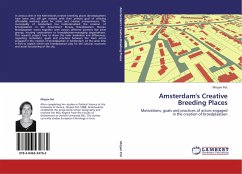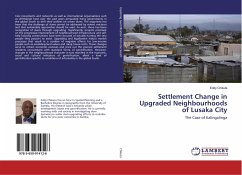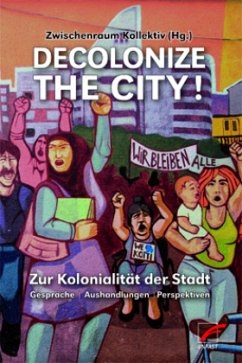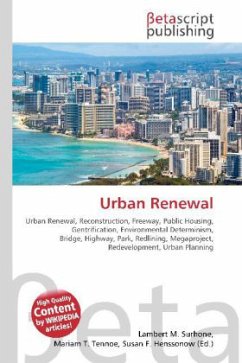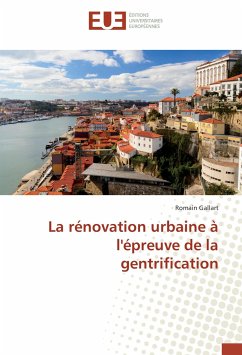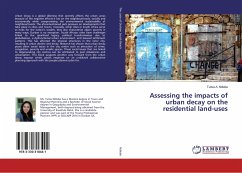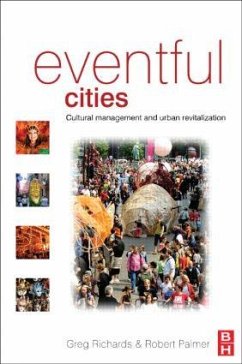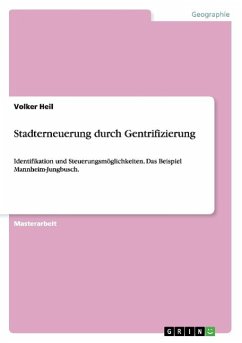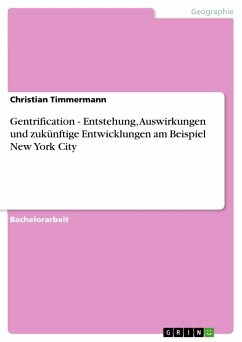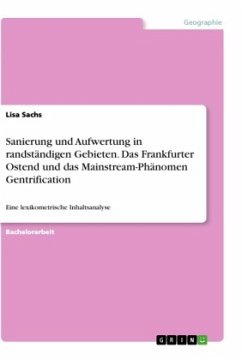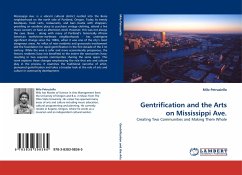
Gentrification and the Arts on Mississippi Ave.
Creating Two Communities and Making Them Whole
Versandkostenfrei!
Versandfertig in 6-10 Tagen
32,99 €
inkl. MwSt.

PAYBACK Punkte
16 °P sammeln!
Mississippi Ave. is a vibrant cultural district nestled into the Boise neighborhood on the north side of Portland, Oregon. Today its trendy boutiques, food carts, restaurants, and bars bustle with shoppers, providing an excellent place to purchase vintage clothing, attend a live music concert, or have an afternoon stroll. However, this was not always the case. Boise - along with many of Portland's historically African American north/inner-northeast neighborhoods - has undergone significant change since the 1980s, when it was one of the city's most dangerous areas. An influx of new residents an...
Mississippi Ave. is a vibrant cultural district nestled into the Boise neighborhood on the north side of Portland, Oregon. Today its trendy boutiques, food carts, restaurants, and bars bustle with shoppers, providing an excellent place to purchase vintage clothing, attend a live music concert, or have an afternoon stroll. However, this was not always the case. Boise - along with many of Portland's historically African American north/inner-northeast neighborhoods - has undergone significant change since the 1980s, when it was one of the city's most dangerous areas. An influx of new residents and grassroots involvement laid the foundation for rapid gentrification in the first decade of the 21st century. While the area is safer and more economically prosperous, the historic residents have not benefited to the extent the newcomers have, resulting in two separate communities sharing the same space. This work explores these changes emphasizing the role that arts and culture play in theprocess. It examines the traditional narrative of artist- pioneered gentrification and takes a broader look at the role of arts and culture in community development.



